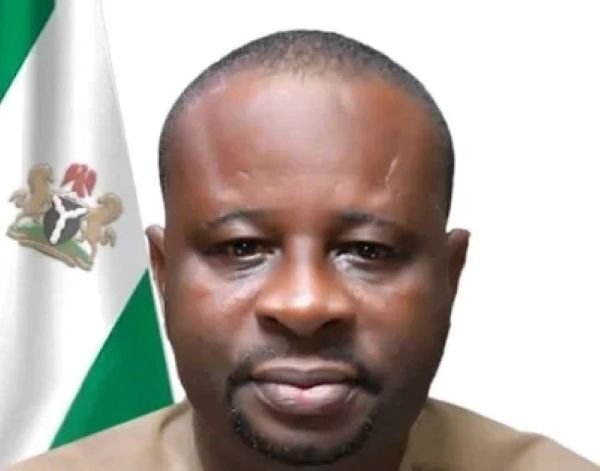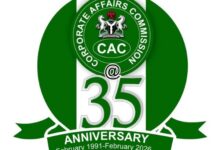
In what appears to be a dangerous escalation of political power tussles at the grassroots level, the Rivers State Police Command has condemned the violent assault and alleged forced resignation of Goodluck Iheanachor, the Sole Administrator of Ahoada East Local Government Area. The incident, which played out in broad daylight at the council secretariat on Friday, has raised alarm over the creeping breakdown of law and order in parts of the state.
A widely circulated video from the scene shows an evidently distressed Iheanachor being pressured to sign a resignation letter under duress—an act that both the police and political observers are calling a flagrant subversion of due process and a threat to democratic norms.
“Preliminary findings reveal that about 30 assailants stormed the secretariat and violently assaulted the administrator, forcing him to relinquish his office,” said SP Grace Iringe-Koko, spokesperson for the Rivers Police Command.
Shockingly, the police allege that the attack was orchestrated by Iheanachor’s own Chief of Staff, Mr. Hector Ekakita, alongside his Chief Security Officer. The assailants reportedly stole personal and official items, including mobile phones and sensitive documents, and fled the scene before security reinforcements arrived.
Beyond a Local Skirmish: The Bigger Political Picture
While the police have launched a full investigation, the incident is seen by many political analysts as symptomatic of the deeper crisis of legitimacy surrounding local governance in Rivers State. The assault comes amid heightened political volatility, as rival factions within the state’s ruling establishment wrestle for control of LG structures following the expiration of elected councils and the imposition of interim administrators by the state government.
Observers note that the Rivers LG scene has increasingly become a flashpoint for political patronage, revenue control, and intra-party rivalries—particularly in the aftermath of the rift between Governor Siminalayi Fubara and political powerbrokers loyal to former Governor Nyesom Wike.
“This incident goes beyond criminality—it reflects the erosion of institutional safeguards at the grassroots,” said Dr. Douglas Ibe, a political risk analyst based in Abuja. “Local government chairs and administrators are now political pawns in a larger chess game.”
Police Signal Zero Tolerance—but Enforcement Will Be Tested
The Rivers Commissioner of Police, CP Olugbenga Adepoju, has reportedly summoned Mr. Ekakita and other named suspects to the police headquarters for questioning. Iringe-Koko warned that failure to comply would attract “severe legal consequences.”
However, civil society groups are already raising concerns about whether the police can enforce justice in a highly polarised political environment, where actors often enjoy protection from powerful backers.
“We’ve seen this movie before—violent LG takeovers, politicised policing, and silence from the very top,” said a senior official from a Port Harcourt-based democracy watchdog, who spoke under condition of anonymity.
Meanwhile, the embattled administrator, Iheanachor, is said to be in stable condition after receiving treatment for injuries sustained during the attack.
Implications for Business, Investment, and Public Trust
The violent nature of the incident has renewed anxieties among local businesses and investors in Rivers State, particularly around the rule of law and stability of public institutions. LG secretariats play a critical role in issuing permits, collecting taxes, and managing local contracts—making them key touchpoints for MSMEs, contractors, and agricultural operators.
“When local government systems are hijacked or destabilised, the ripple effects hit the economy directly,” said Dr. Zika Anyanwu, an economist and local governance consultant. “It disrupts service delivery, inflates risk premiums, and erodes investor confidence at the base of the economic pyramid.”
Already, local contractors in Ahoada East are reportedly suspending operations, while civil servants remain uncertain about leadership and payroll continuity.
BOTTOM LINE:
The attack on Goodluck Iheanachor is not just a criminal incident—it is a stark reflection of the widening cracks in subnational governance and rule of law in Nigeria. If unchecked, such acts may erode public trust in institutions, undermine investor confidence, and accelerate the politicisation of security across local government structures.










